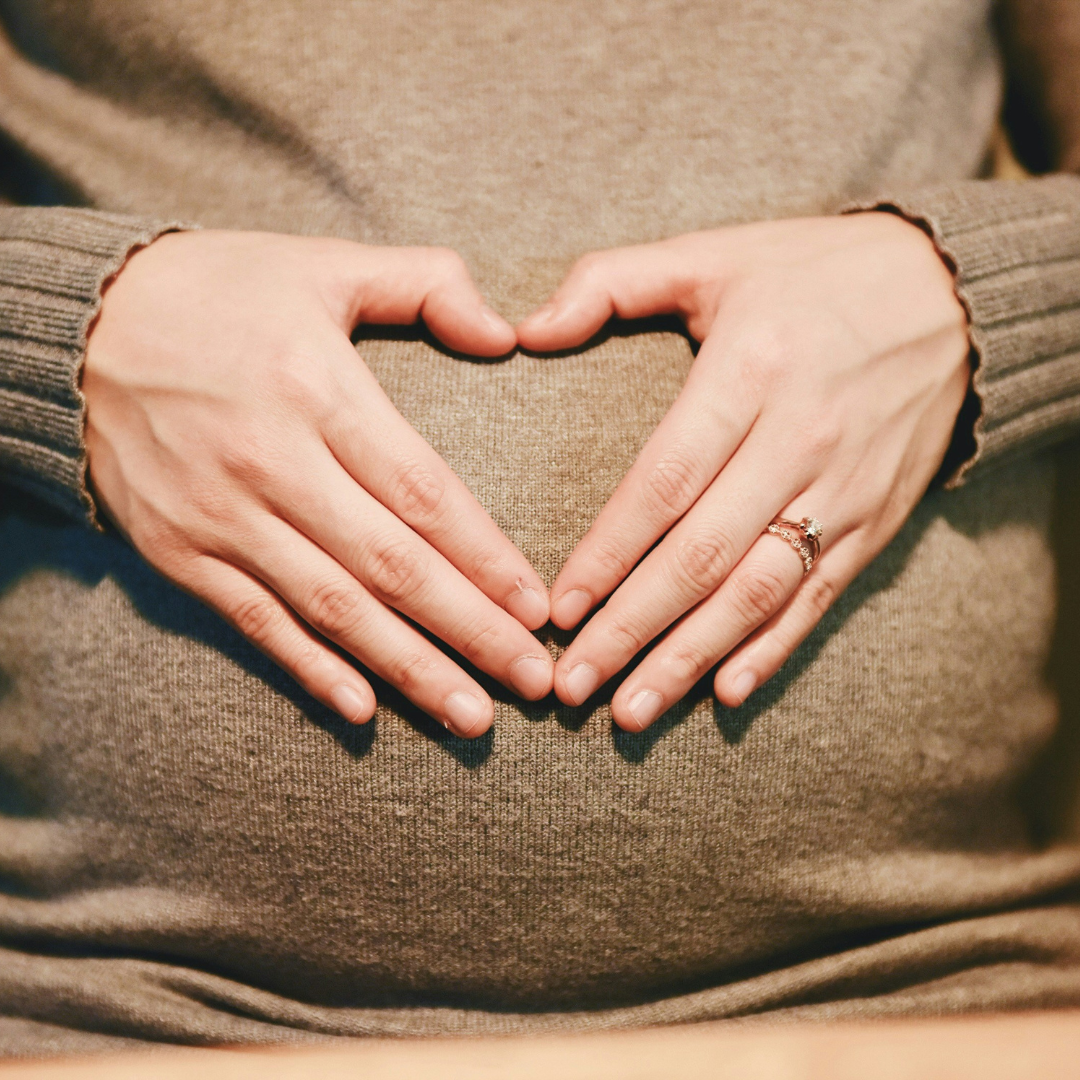


It is completely normal for your newborn to have occasional gas. However, it can sometimes be difficult for the gas to pass through, which can cause great discomfort for little ones.
If you notice that your baby is experiencing discomfort caused by gas build-up, you may be wondering why this is happening and if there are any ways to prevent or lessen the occurrences. In this article, you can find information for possible explanations as well as guidance on how to relieve bothersome symptoms.
There is typically no need to worry when your baby is gassy. In the same way adult bodies do, a baby’s digestive system can also accumulate air. In fact, it is a very normal part of the digestive process.
There are two ways this air can escape: through burps and farts. So, when your baby burps or farts, you can actually consider it a good thing – it means their little body is able to efficiently release any excess air rather than it remaining trapped inside. Trapped gas in such a small body can be very uncomfortable, so any release can only be beneficial.
Gas problems tend to be more common right after birth. If you have a fussy, uncomfortable baby with a bloated bell, that could be a good sign that your baby has gas that their body is having trouble passing through. Once your baby reaches three months of age, issues related to passing gas usually decrease significantly.
Gas in babies often occurs in connection with feeding – both breastfeeding and bottle feeding. When eating, the baby swallows air alongside milk, which then travels through their digestive system. For some babies, air can be harder to pass, making it so the swallowed air gets stuck. Burping your baby after feeding them can help them release this trapped air.
Lactose can also sometimes be a cause of excessive gas. Additionally, constipation or certain medications can make it harder for gas to pass through a little one’s body. These three possibilities can be discussed with your family doctor to determine if they are causing the issue.
Outside of eating, babies can also swallow air when crying. If your baby experiences gas issues after an intense crying episode, they may just need some help getting the air out the same way you would help them after eating.
For at home treatment, you can first try burping your baby – even outside of feeding times – and see if that helps. Additionally, there are several pressure points you can activate to help release the trapped gas. Gently massaging their stomach in a clockwise circle or massaging in the shape of an “I,” “L,” or “U” on the left side of their belly can help free trapped gas.
If basic burping and massaging aren’t helping, there are additional things that might provide some relief. Reflexology, in particular, has been shown in some studies to be effective. There are also gas relief drops that can be given, but you should consult your family doctor before taking this route – they will be able to provide guidance about if it is an appropriate treatment for your child, and if so, what the proper dosage would be for them.
What should you do when a baby has gas?
You can help release built-up gas by burping your baby following a feeding or intense crying fit.
Lactose, constipation, and certain medications can all make it harder to pass gas – your family doctor can help explore and navigate these three possible causes.
Can pacifiers cause gas in babies?
Yes, babies can occasionally experience more gas from using a pacifier. When using a pacifier, there is the possibility that they may swallow a lot of air, leading to an accumulation that will need to be released.
How do you prevent babies from swallowing air?
One way to reduce air intake when bottle feeding is to tilt the bottle so that the nipple is completely filled with formula while the baby is drinking. You can also limit their pacifier use if you suspect that may be making the issue worse.




































